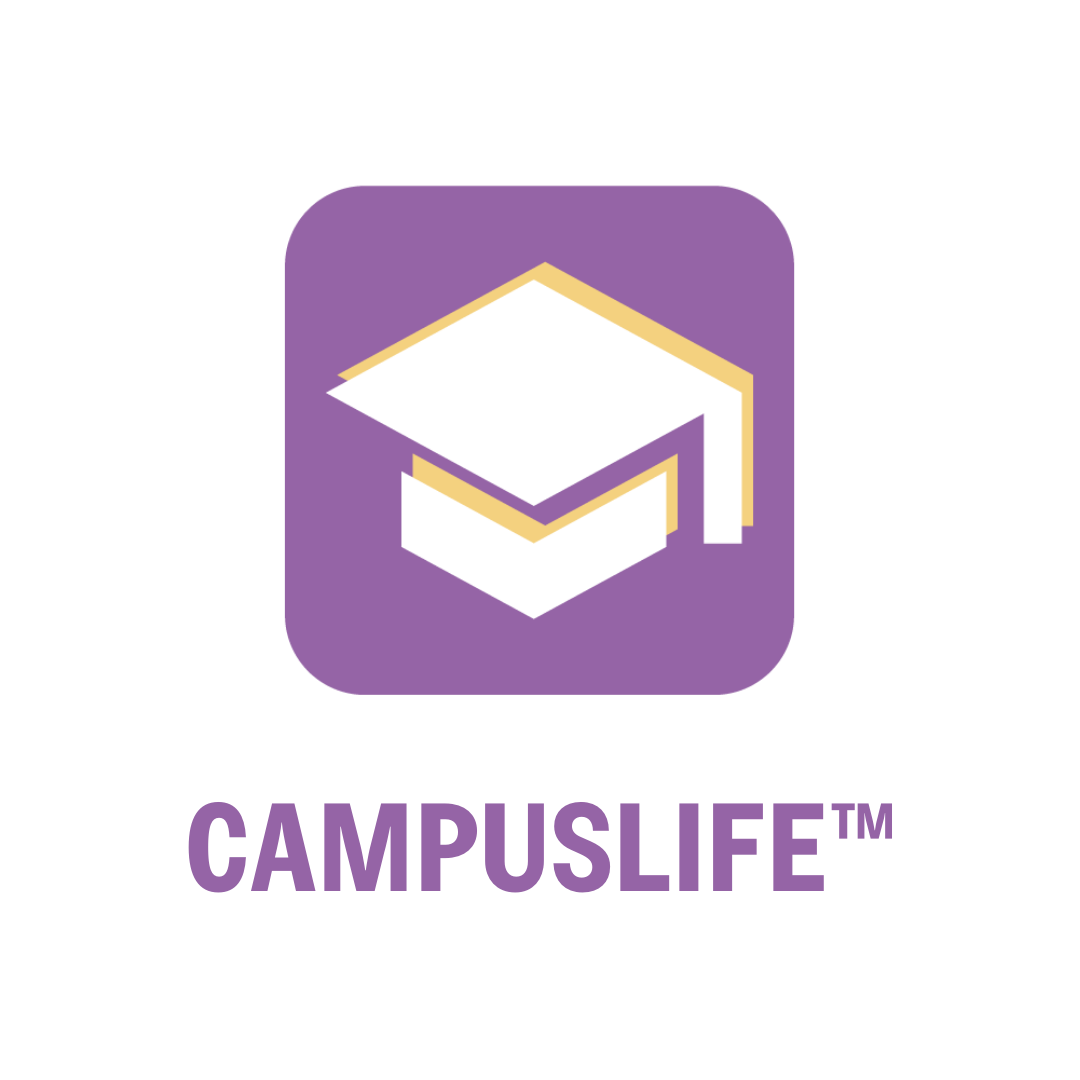Do university students need a resume to get a job? Or is LinkedIn or something else more important?
Written by Andrew Ford; Edited by Grace Pehar and Shinyi Chin
Once upon a time, the resume was the king of job search. Resume or Curriculum Viète (CV), those few pages of text were the difference between landing your dream job or returning to the queue of job wannabees.
But times have changed. Digital has overtaken paper. So the question is, do you even need a resume these days or can we just rely on LinkedIn and other digital media?
Like 90s fashion, ‘old school’ still has its appeal
The answer actually depends very much on the industry you work in. Having coached hundreds of people through the job search process over the years, I have seen a massive change in the way people apply for jobs in certain industries. Others, not so much.
For instance, if you are in the medical profession or academia. It’s likely your resume is still a key part of your job search process. These very detailed and specific documents capture your key work experience, professional development, training and accomplishments such as published papers. They are quite long and elaborate.
In those industries, LinkedIn and having a digital brand isn’t quite the thing. So resumes are still key.
The Bold and the Creative
However, on the other side of the fence sits marketing, advertising, entrepreneurship, and tech roles. These industries are fast adaptors of new systems and have rapidly moved away from traditional hiring methods. They still expect you to have some type of resume, but it’s not a big part of the process. What matters more is how you position yourself through your online presence and in the interview. Here, personality and character matter as much as previous experience and education.
As an example, a kooky friend of mine was going for a creative role at an advertising agency. The ad agency asked not for a resume, or even LinkedIn; but asked to be tagged in four of his most recent Instagram posts. One of the posts my creative friend chose was a picture of him riding a blow-up unicorn, drinking a cocktail in a fancy pool - as his resume. He got the job.
These examples are two extremes in the industry and for most of us, we will be in the middle. My advice to clients is to still have a resume with enough detail to satisfy the old school hiring managers. You can’t predict who will be conducting your job interview so the best strategy is to have both resume and digital covered as well.
Ideally, you’d have your own personal website to send hiring managers to which you can reference in your resume and on LinkedIn. This would be a simple website where you can store all of your greatest achievements and showcase your personality. (We will cover personal websites in another blog)
Size does matter but content is still key
Make it 3-4 pages and include the details that you can’t publish online. Some people say keep it under 2 pages but I disagree. The HR person will scan the resume for key points, so take the time to list all of your achievements. But make it clear and easy to find content, not long paragraphs of irrelevant material.
Include particular grades for courses, specific company achievements that might be slightly commercially in confidence. If you work in sales, you can include specific deals won or revenue targets achieved that you wouldn’t like to publish online. If you are in marketing, you can list your key clients and the campaigns you worked on.
Don’t neglect the often underrated cover letter
Ensure you have a robust cover letter as they read this first. The cover letter isn’t just about you, it should demonstrate how well you understand the company and the role you’re applying for. So take the time to research the company and the role. Your cover letter is where you showcase the effort you’ve put into research and demonstrate your keenness for the position.
The money is in the detail (and spellcheck)
Pay particular attention to detail. Any spelling mistakes or typos can get you disqualified, regardless of how awesome you really are. Remember, the average number of applicants for a job is 250+; and the HR person sorting the applications spends an average of 7 seconds on each applicant when sorting into piles of yes, no and maybe.
Any little thing that makes your cover letter and resume stand out (in a good or bad way) is important, so watch the details. Grammarly is your friend here. If you don’t know what that is, Google it and send me a thank you note. You're welcome.
(This post is not sponsored by Grammarly)
Keep it simple, but significant
Simple formatting is best. I have many friends in the recruitment space - they just want the information and not fancy hard-to-read fonts. Don’t be tempted to show your Canva skills and have a black document with white text because that’s what your iPhone looks like. Simple sans serif fonts on white paper with clear headings and short paragraphs is recommended.
And there you have it! Some simple tips to rock your resume. But this is not the end of the story. Next, you’ll need to ensure your LinkedIn and digital presence is up-to-date, looks professional and not giving off too much amateur-student vibes. But more on that in the next blog…
If this was helpful please hit the ‘like’ button and drop me a comment if you want me to cover any specific items of job search. Happy to help!


